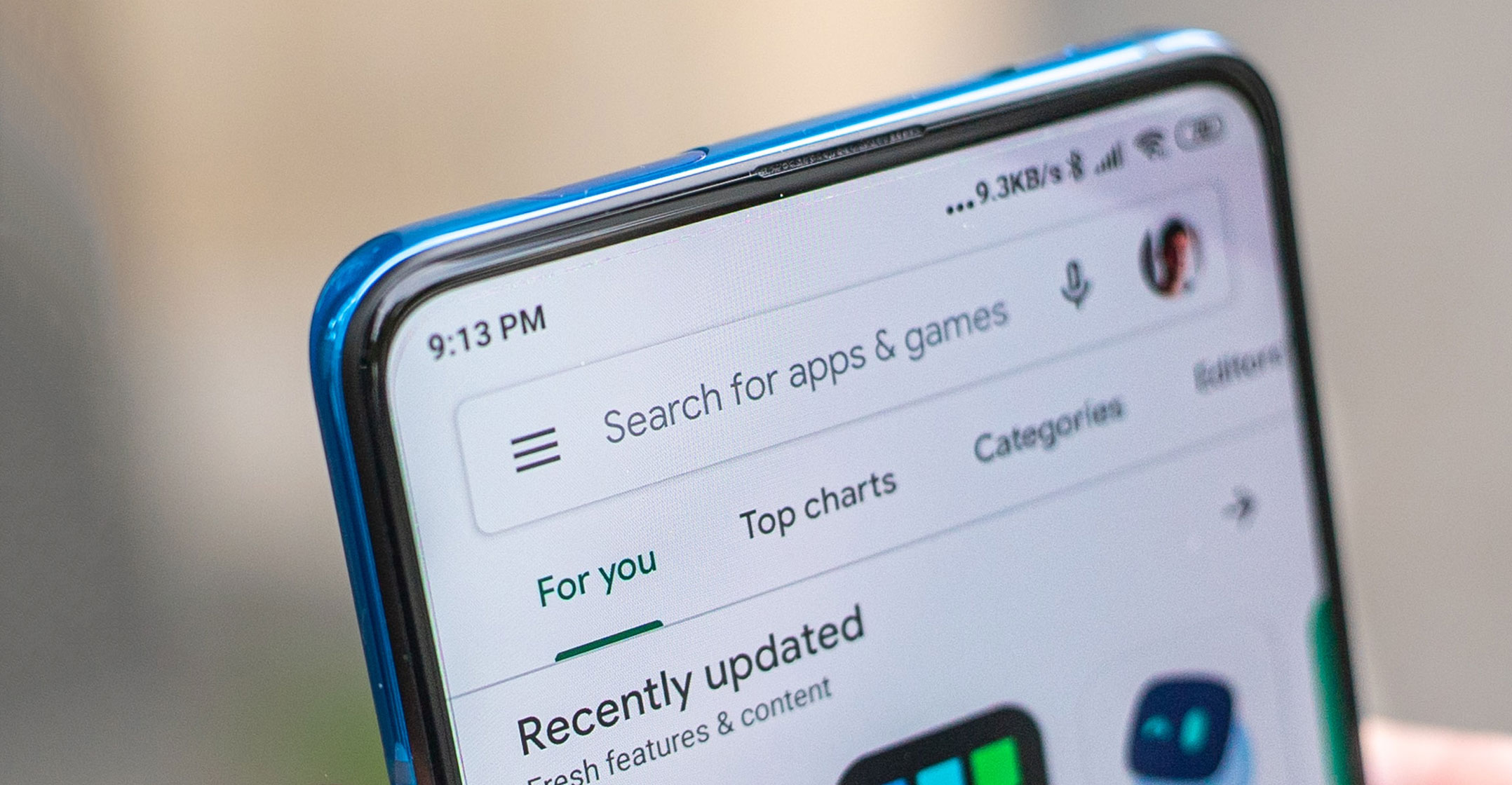
Google has sought to rebut criticism that it selectively enforces its 30% mobile app store tax, demanding that the over 3% apps selling digital items without complying follow the rules within a year.
The change follows lawsuits by Fortnite videogame maker Epic Games last month accusing Google and Apple Inc of anticompetitive conduct. Apps sold on the tech leaders’ stores are required to use their payment systems so they can collect a portion of sales, which developers describe as a tax. The companies are defending the allegations.
App stores are a fast-growing business as sales of Google’s search ads and Apple’s iPhone flatten out.
Google said less than 3% of developers with apps on its Play store sold digital goods over the last 12 months, and nearly 97% comply with its payment system policy.
Dating apps maker Match Group is among the companies that have publicly said they do not pay Google’s 30% fee, which decreases to 15% in subsequent years if it is for a subscription service.
Antitrust regulators in several countries are looking at the issue, including in South Korea, where several media apps anticipating Google’s stricter enforcement preemptively complained to government officials recently.
Excessive
Apps have said 30% is excessive compared to the 2% fees of typical credit card payments processors, while Apple and Google say the amount covers the security and marketing benefits their app stores provide.
New apps must use Google’s payments tool for sales by 20 January 2021, while existing apps have until 30 September 2021.
Apps that shifted to selling digital items from physical goods and services because of the coronavirus pandemic may get additional time to comply, Google said. Apple said last week that a similar temporary reprieve extends through to 31 December. — Reported by Paresh Dave, (c) 2020 Reuters




